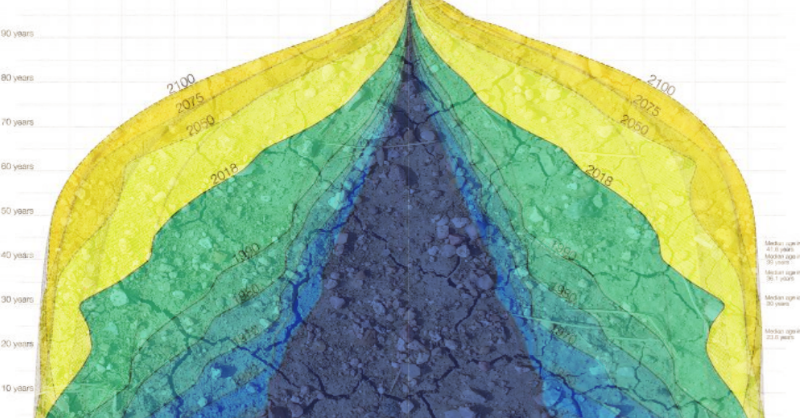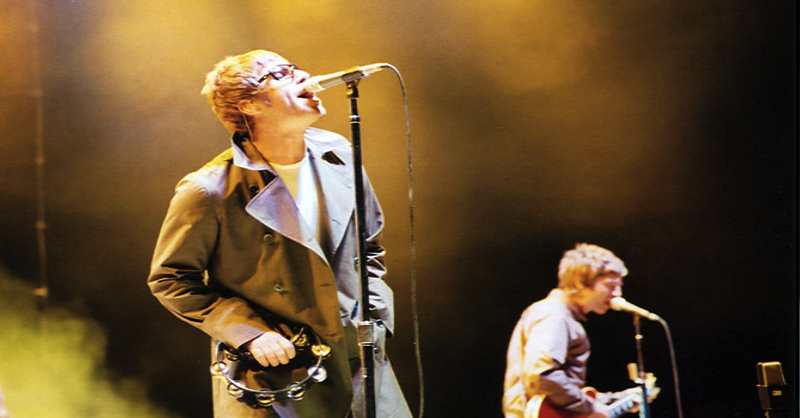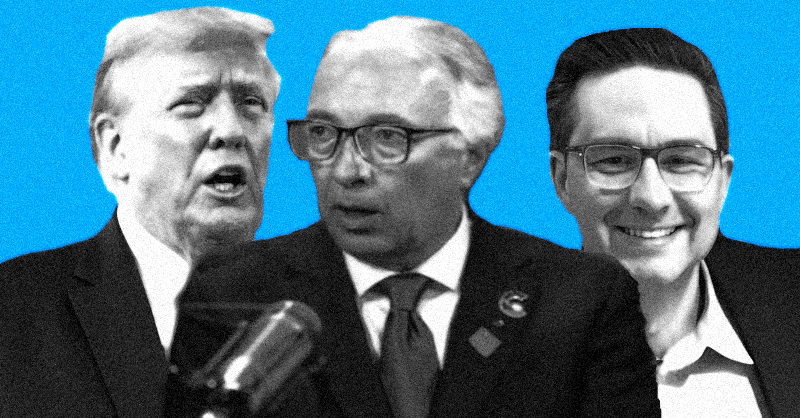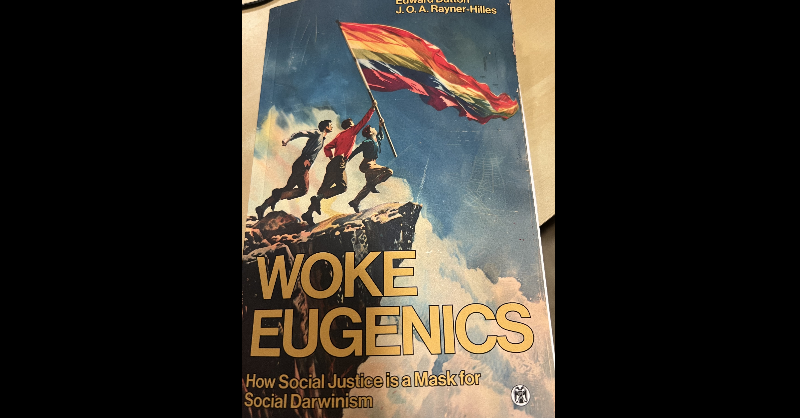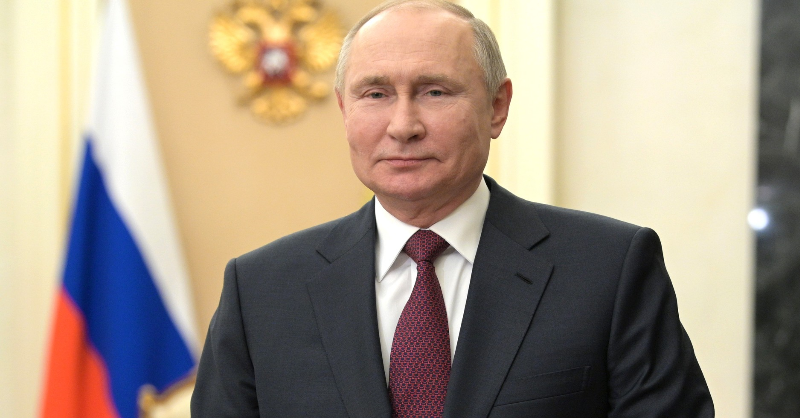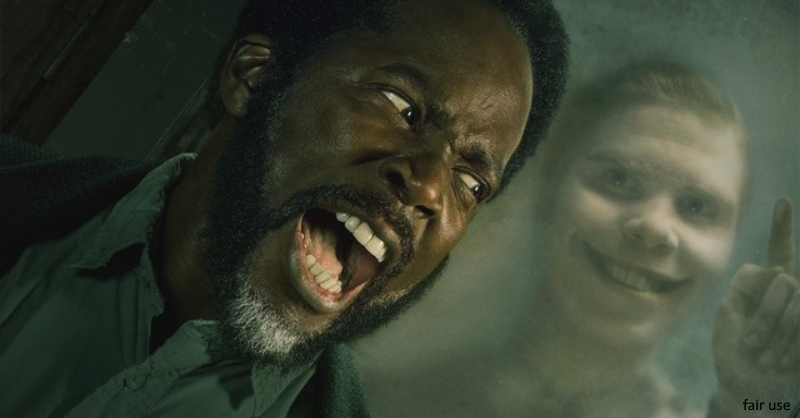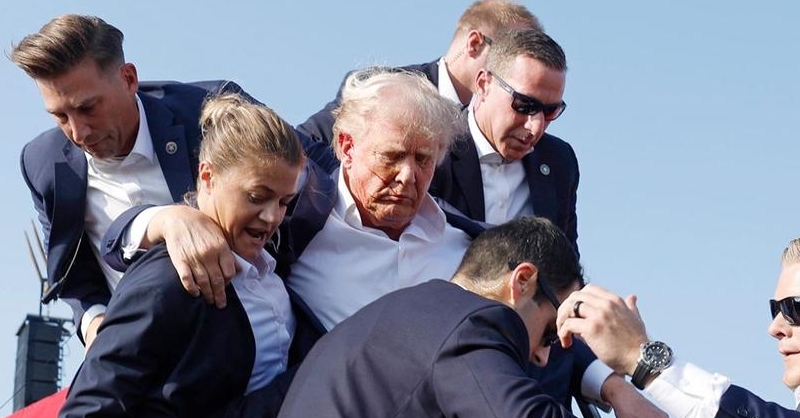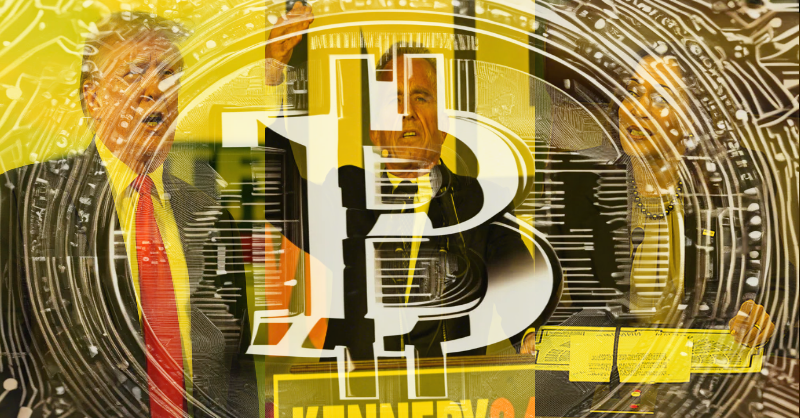Once upon a time, not so long ago, there was a
semblance of bipartisanship. Politicians, those curious salesmen,
would occasionally cross the aisle, not out of some noble quest for
truth, but because they knew that without a modicum of cooperation,
the whole damn system would collapse. But then, something shifted.
The rise of cable news, the internet, and social media created echo
chambers louder than a Rolling Stones concert in the '70s.
People no longer sought news; they sought
affirmation. Fox News for the right, MSNBC for the left, and
somewhere in the middle, the poor souls at CNN tried to keep up, like
a confused hitchhiker on a highway to hell. This wasn't just about
differing views; it was about constructing parallel universes where
facts were malleable and truth was whatever your side said it was.
Enter the era of the political celebrity.
Politicians became rock stars, not for their policies, but for their
ability to rile up their base. Trump, with his golden hair and brash
demeanor, was the ultimate rock 'n' roll president, a figure so
polarizing he could make you want to either vote for him or move to
Canada. On the left, figures like AOC emerged, not just as
politicians but as cultural icons, wielding Instagram like a sword in
a digital crusade.
This cult of personality didn't just divide; it
weaponized division. Politics became less about governance and more
about tribal warfare. You weren't just voting for a candidate; you
were pledging allegiance to a lifestyle, a worldview, a whole damn
ethos. And like any good cult, questioning the leader was heresy.
The media, once the supposed watchdog of
democracy, turned into a three-ring circus. Every political event was
covered not for its content but for its entertainment value. Debates
became blood sports, with anchors and pundits playing the roles of
gladiators, each trying to out-shout the other.
Here's the kicker: this wasn't just about ratings;
it was about survival. In a world where attention is currency,
outrage sells. And so, the media, in its infinite wisdom, fed the
beast of polarization, knowing full well that a divided audience is a
captive audience. They didn't just report the news; they became part
of the story, actors in a drama so absurd that even Shakespeare might
have thrown up his hands in despair.
Then came the abyss of social media, where every
citizen became a journalist, a commentator, and most dangerously, a
fact-checker. Here, in this digital battleground, ideas weren't
debated; they were crucified. Algorithms, those invisible puppet
masters, ensured that your feed was a mirror reflecting your own
biases back at you, amplified and distorted.
Twitter, or X as it's now known (a name change as
meaningful as renaming a hurricane), became the battleground where
political careers were made and destroyed in 280 characters or less.
Here, nuance died a quick death. You were either with us or against
us, and if you dared to question the narrative, you were branded a
heretic, a traitor to your tribe. If you were deemed unworthy, the algorithm would sort you out.
It still will.
Amidst all this noise, something crucial was lost:
policy. Real, tangible policy that affects people's lives. Instead of
discussing healthcare, education, or infrastructure, the political
discourse devolved into culture wars. Debates over statues, flags,
and tweets overshadowed the real issues.
Why? Because culture wars are easier to fight.
They require no expertise, no understanding of complex systems. You
don't need to know about fiscal policy to argue about a tweet. This
shift wasn't just a failure of politics; it was a failure of
imagination, a retreat into the comfort of outrage over the hard work
of governance.
Is there a way out of this mess? Maybe. But it
requires something that's become rare in American politics: courage.
The courage to listen, to question your own side, to seek truth over
victory. It requires media outlets to remember their role as
informers, not entertainers. It needs politicians to lead, not just
to perform.
But here's the harsh truth: there is money in
division. There's power in polarization. And until that equation
changes, until there's more profit in unity than in discord, we're
doomed to ride this rollercoaster, strapped in by our own fears, our
own biases, our own unwillingness to see the other side as anything
but the enemy.
So here we are, in a nation so polarized that
compromise feels like betrayal. We've turned politics into a reality
show where the stakes are not just ratings but the very fabric of our
society. In this spectacle, we've forgotten that at the end of the
day, we're all Americans, bound by a shared destiny, whether we like
it or not.
The question isn't just how we got here but how we
move forward. Maybe, just maybe, we need a new kind of politics, one
that values understanding over winning, one that sees the other side
not as an enemy but as fellow citizens. But that would require a
revolution not just in politics but in ourselves. And revolutions, as
history has shown, are messy, unpredictable, and often, very
necessary. The road ahead is long and fraught with obstacles, but the
alternative is a future where the circus never ends, where the clowns
are always in charge, and where the lions are always hungry. The
choice is ours and the time to act is now.
